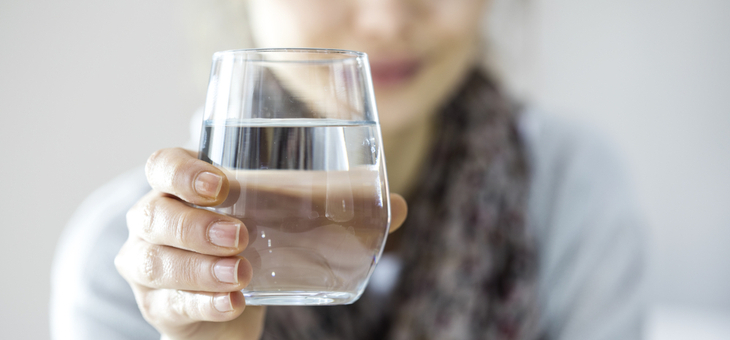When it comes to healthy daily routines, many people focus on diet, exercise and skincare. But many people overlook the importance of urinary health, and the work that goes into maintaining it.
Day to day, many people take the health of their urinary system for granted, but as anyone who has had a UTI or a similar problem can vouch, when something goes wrong, it can be very bad.
Different people may need slightly different routines to keep their urinary system healthy. This may change depending on factors such as age and health. Urologist Vannita Simma-Chiang practises a healthy pee routine by doing these five things every day.
1. Rise and shine and pee
The first thing Dr Simma-Chiang does each morning is pee – and look at it. “I observe the colour and quality of urination to get an idea of how hydrated or dehydrated I am,” she told Mind Body Green.
If your urine is clear or a hale yellow, you are likely well hydrated. Slightly darker urine indicates you’re only mildly hydrated and should drink some water. Urine that is a medium-dark yellow indicates that you are dehydrated and should drink two to three glasses of water. If your urine is dark and strong smelling you are likely dehydrated and should drink a bottle of water. If you’re peeing less than three or four times a day you are likely dehydrated.
Over the course of an average day she will pee around four times, observing the colour of her urine. She notes that it’s important to pee when you feel the urge, rather than hold it in. “Your body is built to signal to you, so when you have urgency it’s a signal,” she said. “If you start to ignore it, that sense of urgency will go away and at some point, you’ll hold it for so long that it becomes unhealthy.”
Read more: Urine test to find blood clots
2. Not too hot, not too cold
The temperature of a room can affect your urination. “I make sure I’m in a comfortable ambient room – not too cold, not too hot – because that can also affect urination,” she said.
“If you’re shivering, you’re using up energy, creating more heat, and therefore losing more fluid,” notes Dr Simma-Chiang. Similarly, being in a hot room can make you sweat and lose fluids.
3. Sip throughout the day
Each morning Dr Simma-Chiang drinks an iced coffee and half a cup of water. If her urine was a little dark that morning, she will drink a full glass of water. Coffee is a diuretic and bladder stimulant, meaning it can increase the urge to pee. Dr Simma-Chiang tries to stop drinking coffee by noon to avoid peeing too much.
She also carries a water bottle with her and takes regular sips throughout the day. “Between patients, phone calls, and procedures – really any time I sit down – I take at least one sip of water,” she said.
If you’re used to sitting down at a desk all day, try and break up your day with small bouts of movement that will remind you to take a sip of water. “I recommend getting up and walking around, going outside, or even just staring out the window instead of looking at a screen all day,” said Dr Simma-Chiang.
“Anytime you feel thirsty or your throat is dry, it’s a good idea to drink water,” she said.
4. Exercise regularly
“Exercise keeps you healthy overall, and the healthier you are, the healthier your kidney and bladder will be,” she said. “It’s just good for you mentally, emotionally and physically.”
She recommends regular exercise to all of her patients. It’s also important to drink water while you exercise. Even if you aren’t sweating while you exercise, your kidneys will be filtering more blood than usual so, for your urinary health, it’s good to stay hydrated.
Read more: Combat these health issues with exercise
5. Pee before bed
To avoid any unwanted wake-up calls throughout the night, Dr Simma-Chiang always goes to the bathroom just before she goes to bed. Unless she’s thirsty, she also stops drinking water about three or four hours before she goes to sleep.
Read more: ‘Sexercises’ to improve your sex life
Do you follow these healthy urinary habits? What motivates you to stay hydrated, or prevents you from having a healthy urinary routine?
If you enjoy our content, don’t keep it to yourself. Share our free eNews with your friends and encourage them to sign up.
Disclaimer: This article contains general information about health issues and is not advice. For health advice, consult your medical practitioner.

